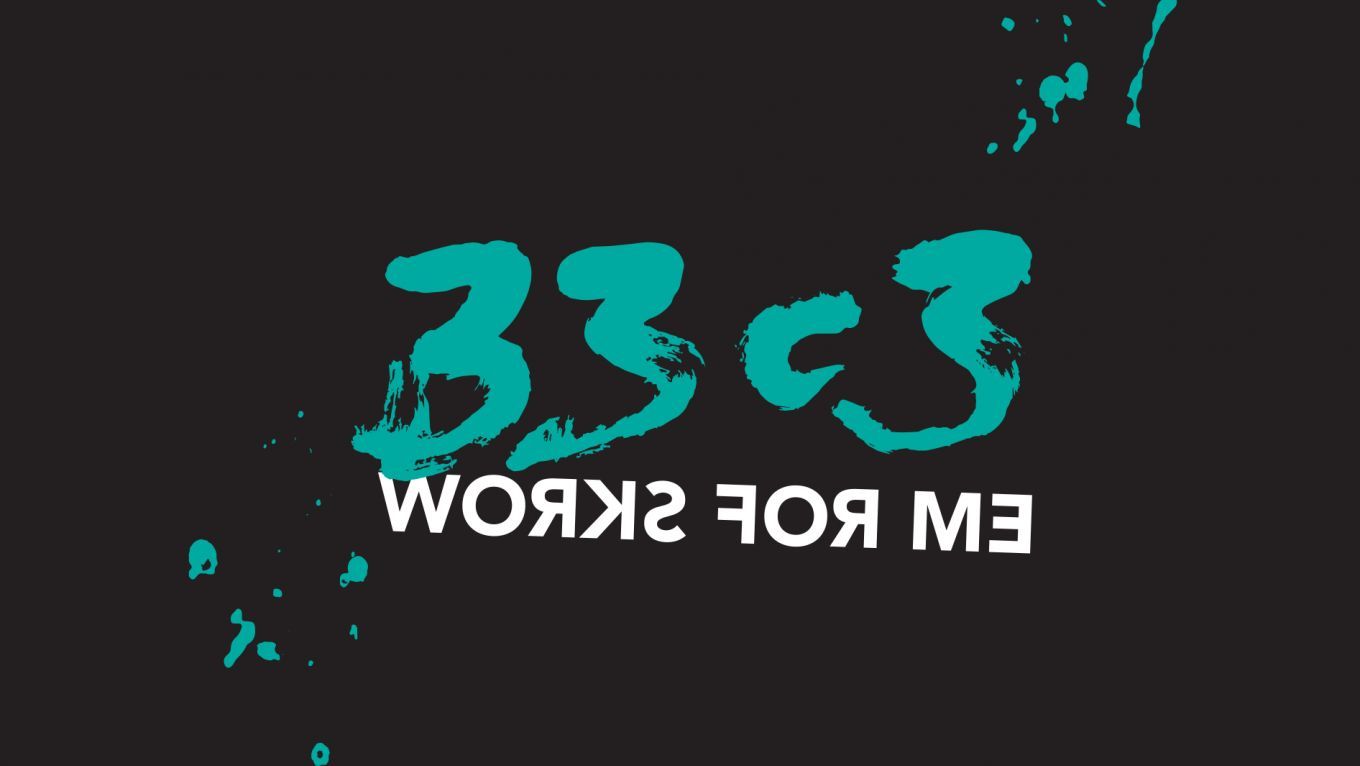Ethics, Society & Politics
Make the Internet Neutral Again
Let's put the new EU Net Neutrality rules to work
December 27, 2016
6:15 PM – 6:45 PM Add to calendar
6:15 PM – 6:45 PM Add to calendar
Saal 2
After three years the EU has for the first time new Net Neutrality rules. What do they mean in practice? Which commercial practices by ISPs are allowed and which have to be punished by the telecom regulator. We give an overview about three years of campaign and where we go from here.
As part of the Savetheinternet.eu coalition, we fought hard over three years in all stages of the legislative and regulatory process to make the new Net Neutrality protections as strong as possible. We explain our tactics and goals for this campaign of 32 NGOs from 14 countries that managed to submit half a million comments to the European Regulators, BEREC.
This talk focusess on the pracitcal implications of the new rules and which types of potential network discrimination are prohibited, disputed or allowed. We explain how enforcement is working in different countries and what you can do to put these new rules into practice and extinguish Net Neutrality violations by your ISP.
A core component in this fight is the platform RespectMyNet.eu. Users can submit Net Neutrality violations on this website and thereby give them visibility and allow others to confirm, discuss and act upon them. As BEREC guidelines will be regurlaly reviewed this tool is of utmost importance to track the implementation of Net Neutrality rules as well as commercial practices by ISPs and mobile operators.
RespectMyNet lived different lives, one of our current tasks is to make the tool and the submissions fit the new BEREC Guidelines in order to provide an easy to use and efficient tool for net neutrality activists in Europe.
Let's protect the Internet as an open, free and neutral platform with the new rules the EU has given us.
Additional information
| Type | lecture |
|---|---|
| Language | English |
More sessions
| 12/27/16 |
As they say in the Air Force, ‚No comms no bombs‘, – A technician’s insight into the invisible networks governing military drones and the quest for accountability
|
| 12/27/16 |
Both strong end-to-end communications encryption and device encryption are legal in most jurisdictions today, and remain widely available. Yet software programmers and hardware producers are increasingly under pressure from law enforcement and policy makers around the world to include so-called backdoors in encryption products.
|
| 12/27/16 |
Polizeibehörden und Geheimdienste sammeln Daten der Bürger – mehr als je zuvor. Der Bestand an unterschiedlichen Datenbanken ist enorm gewachsen und geradezu unübersichtlich geworden. Aufgrund datenschutzrechtlicher Regelungen gibt es für etliche dieser Datenbanken einen gesetzlichen Auskunftsanspruch des Bürgers.
|
| 12/27/16 |
In early 2015, the Federal Bureau of Investigation hacked computers in Austria, Denmark, Chile, Colombia, Greece, and likely the United Kingdom and Turkey too. In all, the agency used a Tor Browser exploit to target over 4000 computers spread across the world based on a single, arguably illegal warrant.
|
| 12/27/16 |
This talk presents the results of the technical analysis for the German Parliamentary Committee investigating the NSA spying scandal on geolocation methods in mobile networks.
|
| 12/27/16 |
Nach drei Jahren wurde endlich die nutzerunfreundliche Praxis des Routerzwangs („Compulsory Routers“) gesetzlich für unzulässig erklärt, und aktuell treibt uns die EU-Funkabschottung („Radio Lockdown Directive“) um. Um was geht es dabei? Und was können wir daraus für andere Fälle lernen?
|
| 12/27/16 |
Auf der Hoaxmap werden seit vergangenem Februar Gerüchte über Geflüchtete und deren Widerlegungen gesammelt, sortiert und in Kartenform präsentiert. Die Themen sind dabei so vielfältig wie die Erzählformen.
|

